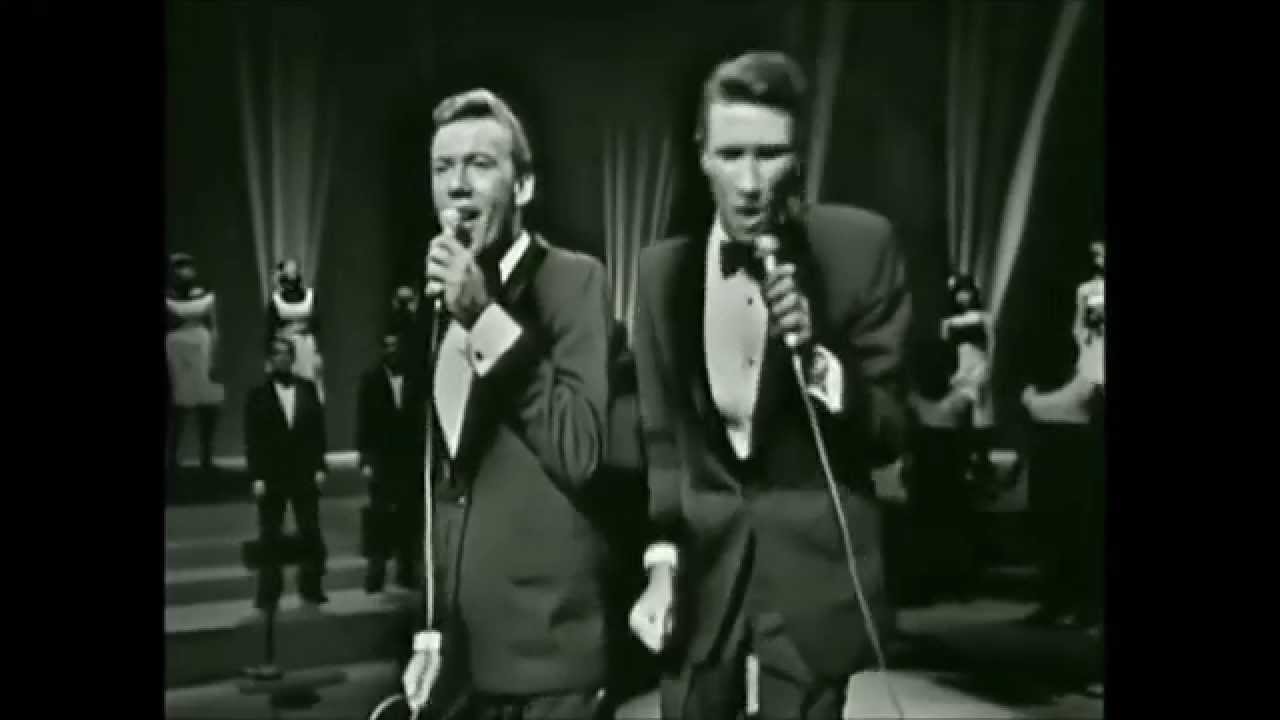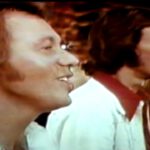Soul & Inspiration – The Righteous Brothers (Live)
The first and best stereo video originally posted on YouTube. Highest quality stereo version courtesy of Eric Records (by permission). Original live performance video edited and remastered with HQ studio sound.
“(You’re My) Soul and Inspiration” by The Righteous Brothers is a passionate ballad released in 1966, following the monumental success of their earlier hit “You’ve Lost That Lovin’ Feelin’.” Produced by Bill Medley (one half of the duo), the song is steeped in emotional intensity and features the lush orchestration and dramatic build-up characteristic of the “blue-eyed soul” sound they helped popularize. The song opens with a gentle piano line and quickly swells into a full arrangement that mirrors the desperation and devotion in the lyrics.
Lyrically, the song is a heartfelt plea from a man who’s terrified of losing the woman who gives his life meaning. He confesses that without her, he would lose all motivation and purpose—she is his “soul and inspiration,” his only reason for living. The vocal performance, especially from Medley, is rich with urgency and raw emotion. The backing harmonies from Bobby Hatfield provide contrast and depth, reinforcing the sense of heartbreak and longing. The song builds in intensity toward its final chorus, where the desperation peaks in a crescendo of strings, drums, and wailing vocals.
Musically, “Soul and Inspiration” showcases the duo’s signature blend of gospel-inflected soul and pop. While it wasn’t produced by Phil Spector, it clearly echoes his “Wall of Sound” technique, with its layered instrumentation and sweeping arrangements. The production’s fullness complements the emotional weight of the song, giving it a timeless, cinematic quality. It resonated deeply with audiences and reached number one on the Billboard Hot 100 chart, proving The Righteous Brothers could succeed even without Spector at the helm.
Overall, “(You’re My) Soul and Inspiration” stands as one of The Righteous Brothers’ most iconic songs. It captures the anguish of love and the fear of abandonment with powerful vocals and dramatic orchestration. The song not only cemented their status as masters of emotional ballads but also demonstrated their ability to carry the torch of soul-pop into the mid-1960s with originality and depth.







